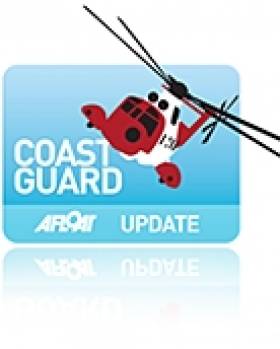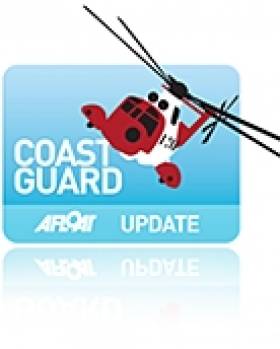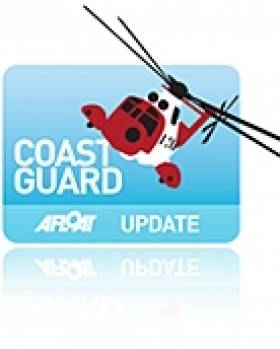Displaying items by tag: Golden Eagle
Irish Vessels Asked to Keep Lookout for Missing Yacht
Ships off Ireland's south and west coasts have been asked by the French coastguard to keep a lookout for a yachtsman who has gone missing on a transatlantic voyage.
In a report that has echoes of missing yacht The Golden Eagle - which sailed into Kerry after an Atlantic crossing from Bermuda many days after schedule - RTÉ News says that the 12-metre yacht La Galatee left French Guiana on 5 August sailing for St Malo in France, but the French coastguard has lost contact with the vessel.
No air and sea searches are being considered at this time, but Irish Coast Guard stations are broadcasting alerts and requests for sightings of the yacht.
Missing Bermuda Yacht Arrives Safely in Co Kerry
A yacht that was reported missing in the Atlantic between Bermuda and Ireland sailed safely into port in Co Kerry this afternoon.
As previously reported on Afloat.ie, the Golden Eagle has been at the centre of an air and sea search operation since failing to arrive at its expected destination of Crookhaven in Co Cork on 15 September.
The yacht - crewed by a 69-year-old Norwegian and a 60-year-old New Zealander - had been out of radio contact since leaving Bermuda in mid August.
But a spokesperson for the Irish Coast Guard has since revealed that the men intentionally turned off their handheld VHF radio to save battery power until they were close to port.
The boat dropped anchor in Portmagee, Co Kerry at 3pm this afternoon, reporting only minor damage to its sails and rigging due to adverse weather which slowed their progress.
More from RTE here.
Search for Yacht Missing Between Bermuda and Ireland
An air and sea search operation is underway for a yacht missing en route from Bermuda to Ireland, The Irish Times reports.
The Golden Eagle has been out of contact since leaving port on 21 August. It was due to arrive with its two-man crew - a 69-year-old Norwegian and a 60-year-old New Zealander - at Crookhaven in West Cork last Thursday.
The Irish Coast Guard told the Press Association said that the Naval Service and Air Corps are involved in the search off the south west coast, and ships in the mid-Atlantic have also been asked to try to contact the yacht.
The yacht is described as being 9.8m (32ft) long, white and with a blue trim on the side.































































